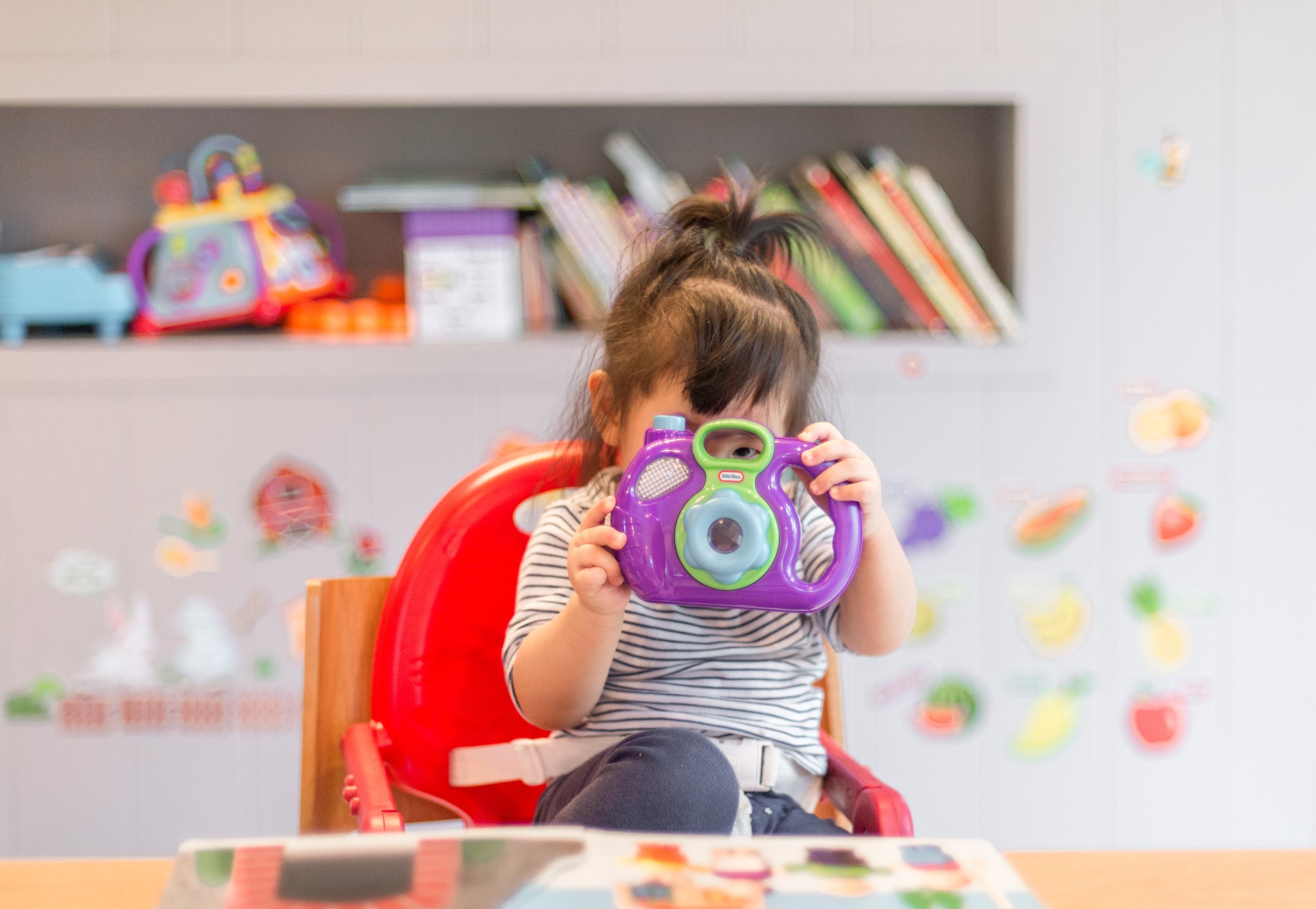Dealing with Problem Behaviors in Your Children
Our little ones live in a world that can be out of their control.
They are told when it is time to eat, sleep, play, run errands, and go home. Their unique personalities will cope with this in different ways. In addition, they often have to face life stressors such as moving, peer or parent conflict, academic pressures, divorce, or loss. These situations can create a complex variety of emotions that a child doesn't have the maturity and coping skills to deal with. As a result, problem behaviors can occur. Some common problematic behaviors are angry outbursts, lying, poor academic performance, and not following boundaries at school or home.
It can be both frustrating and saddening as a parent to encounter these challenges with your child. It can be exhausting trying multiple methods of stopping problem behaviors, just to have nothing produce significant change. Generally, if this is the situation that you find yourself in, getting outside help can be extremely beneficial in getting your family "unstuck". Having someone unbiased and outside of the situation can provide valuable feedback. Other ideas to keep in mind are…
Listen to and validate your child's experience. Children are not unlike adults in that they need to be heard. What is the emotion that you see your child displaying? Reflect that to them so that they can gain understanding to what is going on inside of themselves in that moment. "You seem angry, would you like to talk about that?" "I could understand why you are disappointed about that." You may not agree with their perception about a situation, and that is okay. This is not the moment to make that clear. Simply seeing their emotion and validating it will bring their intensity level down and that is your goal in the initial moment.
Evaluate your responses to your child. Are you matching their emotional intensity? Doing so can escalate the situation, making it difficult to have productive communication. It can also subtly reinforce their behavior through giving it power to change your own emotional climate and family atmosphere. Take a breath or remove yourself from the situation if you need to help yourself calm down. Similar to the idea of oxygen masks on a plane. You cannot help your child until you are taken care of.
Make boundaries clear and present your child with a choice. Giving your child a choice in a frustrating situation teaches them decision making skills and emotional responsibility. For example, "If you choose to speak disrespectfully to me (assuming your child can developmentally understand this concept), you will choose to lose internet privileges for the rest of the day." I often have parents in therapy tell me, "I give consequences, but it's not working." I think the problem with that line of thinking is two fold. One, we are losing sight of some of the goals of parenting being teaching life skills, decision making, self control, emotional regulation, and building character. When we provide consistent consequences, we are accomplishing those exact goals. Another problem is our underlying expectation that providing a consequence will immediately change future behaviors. Our kids are "works in progress". Different children will take varying amounts of time and experience to learn certain lessons.

